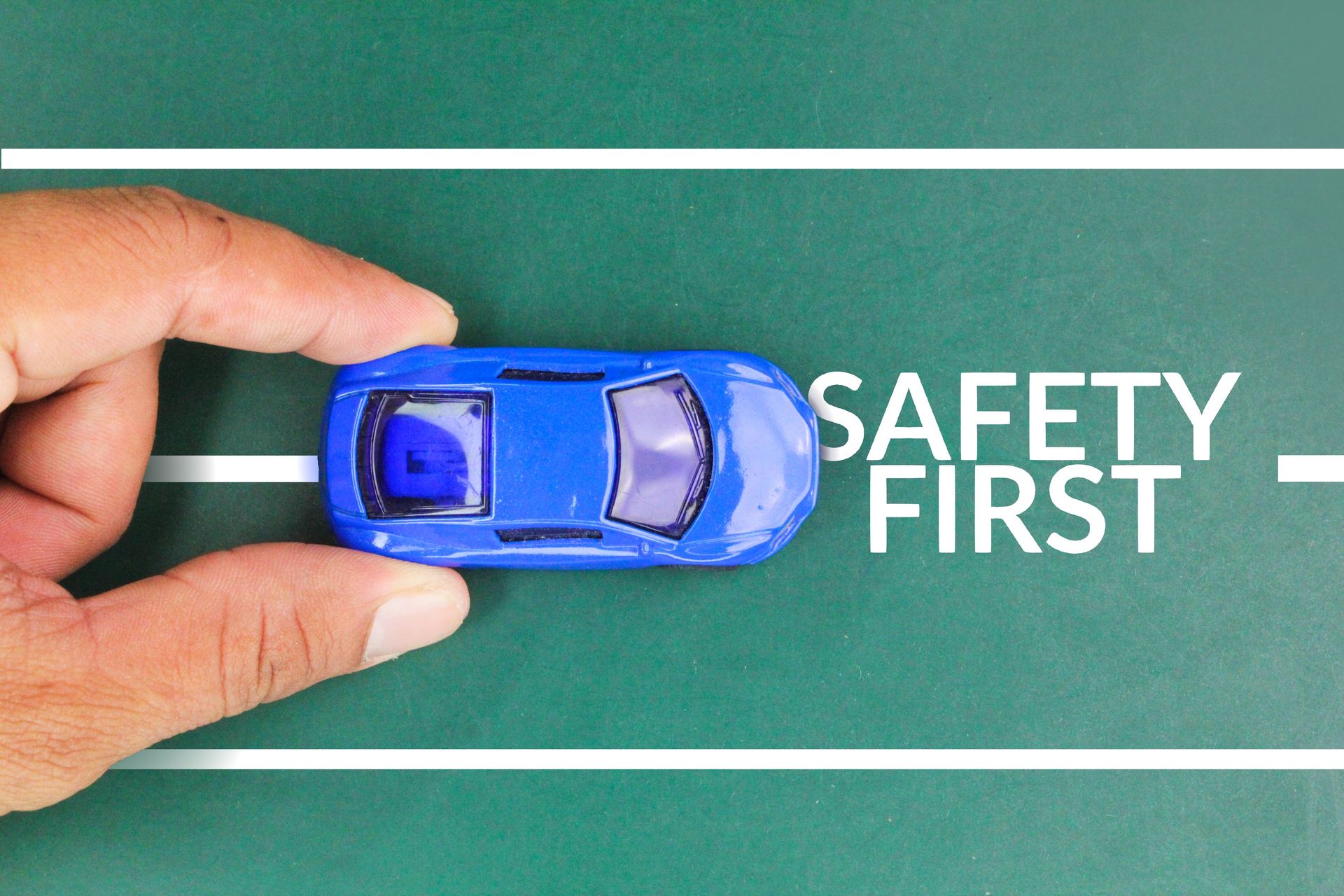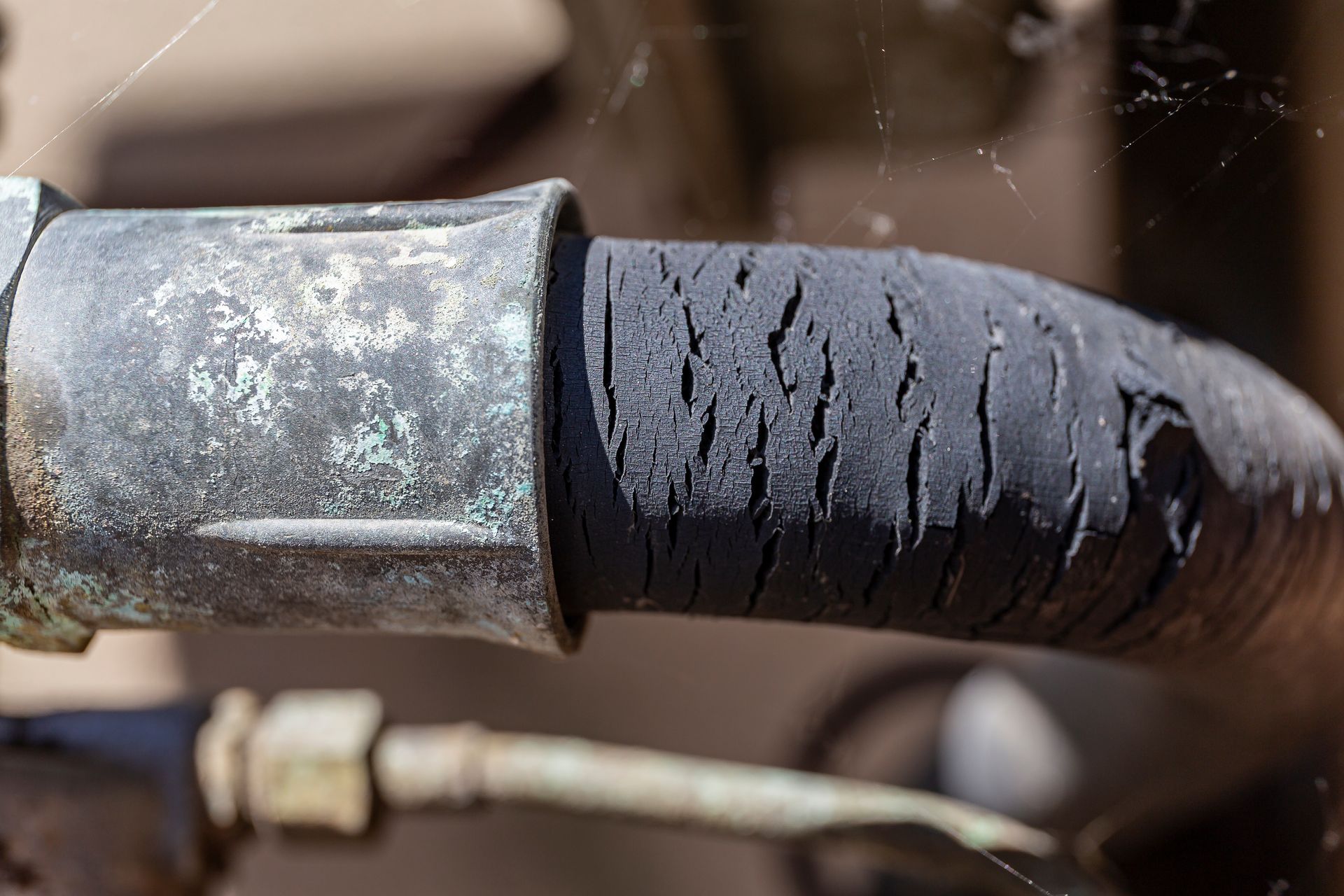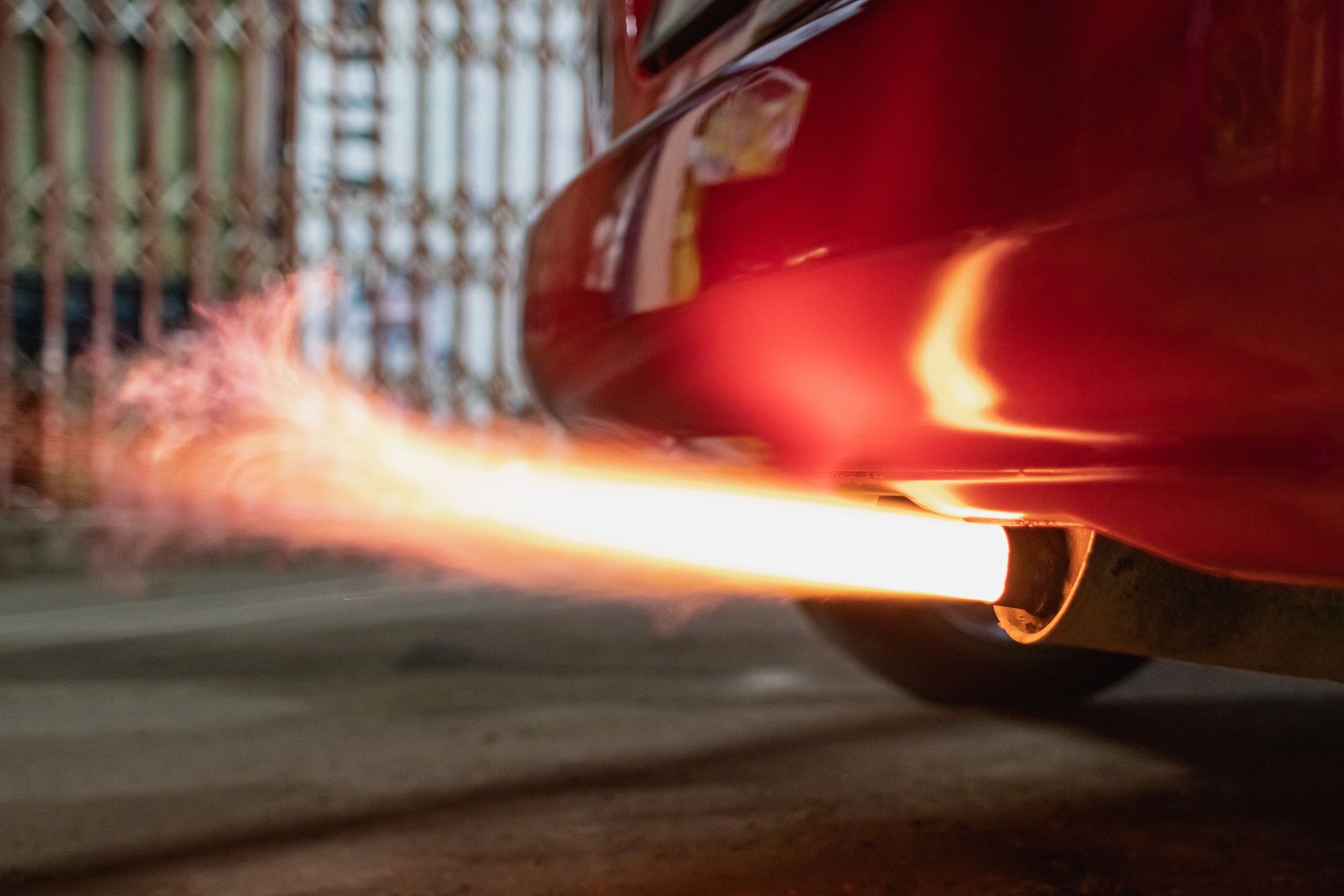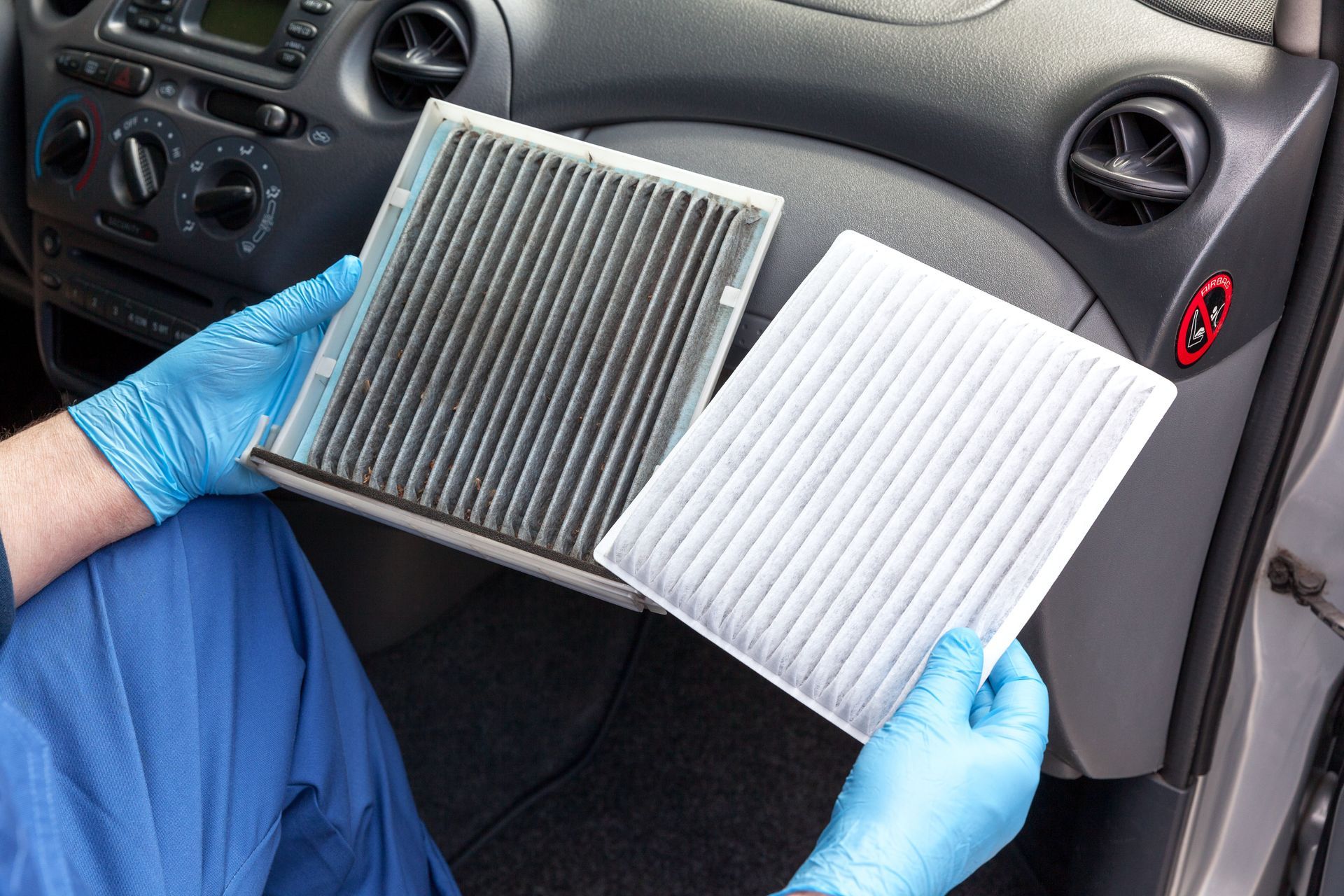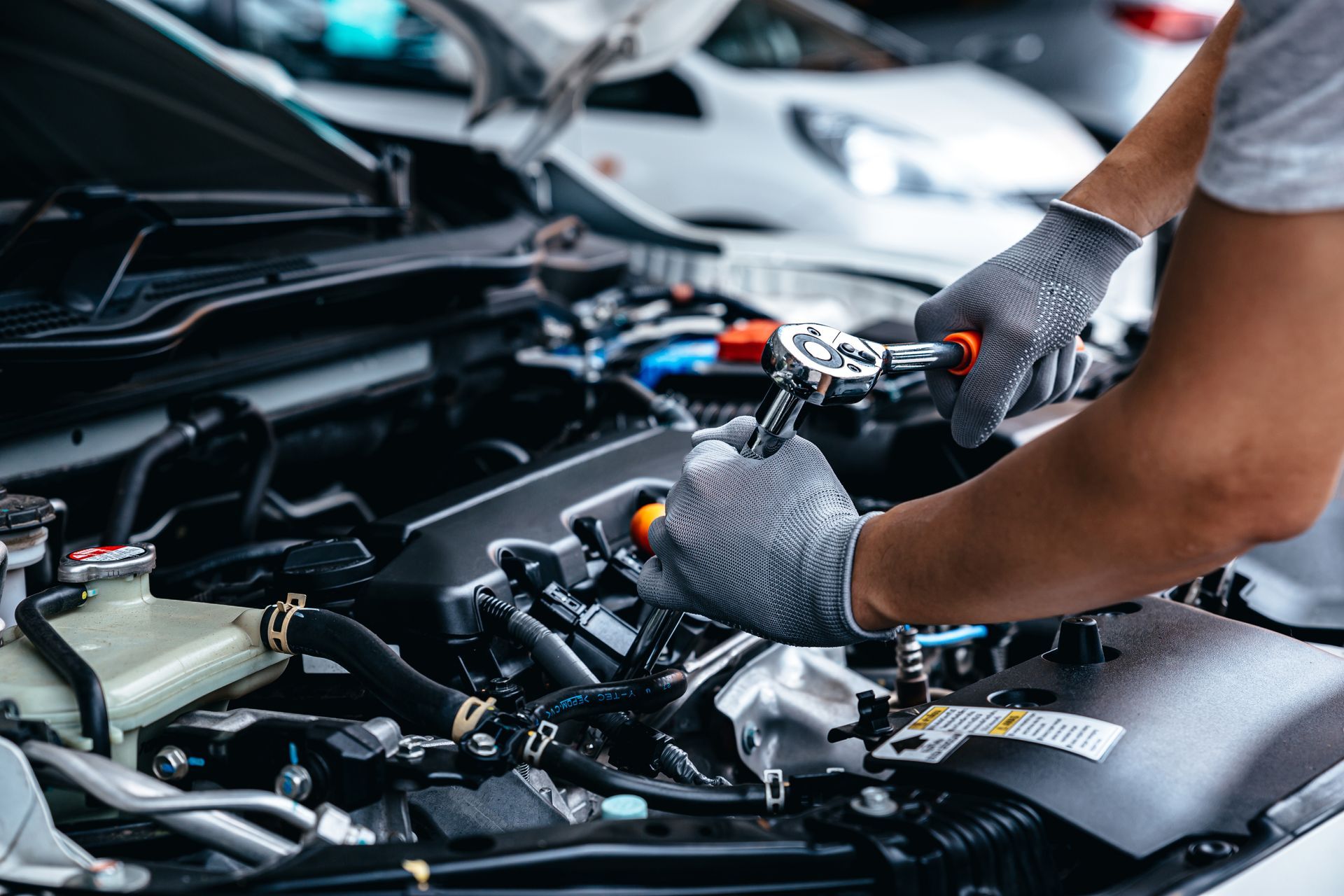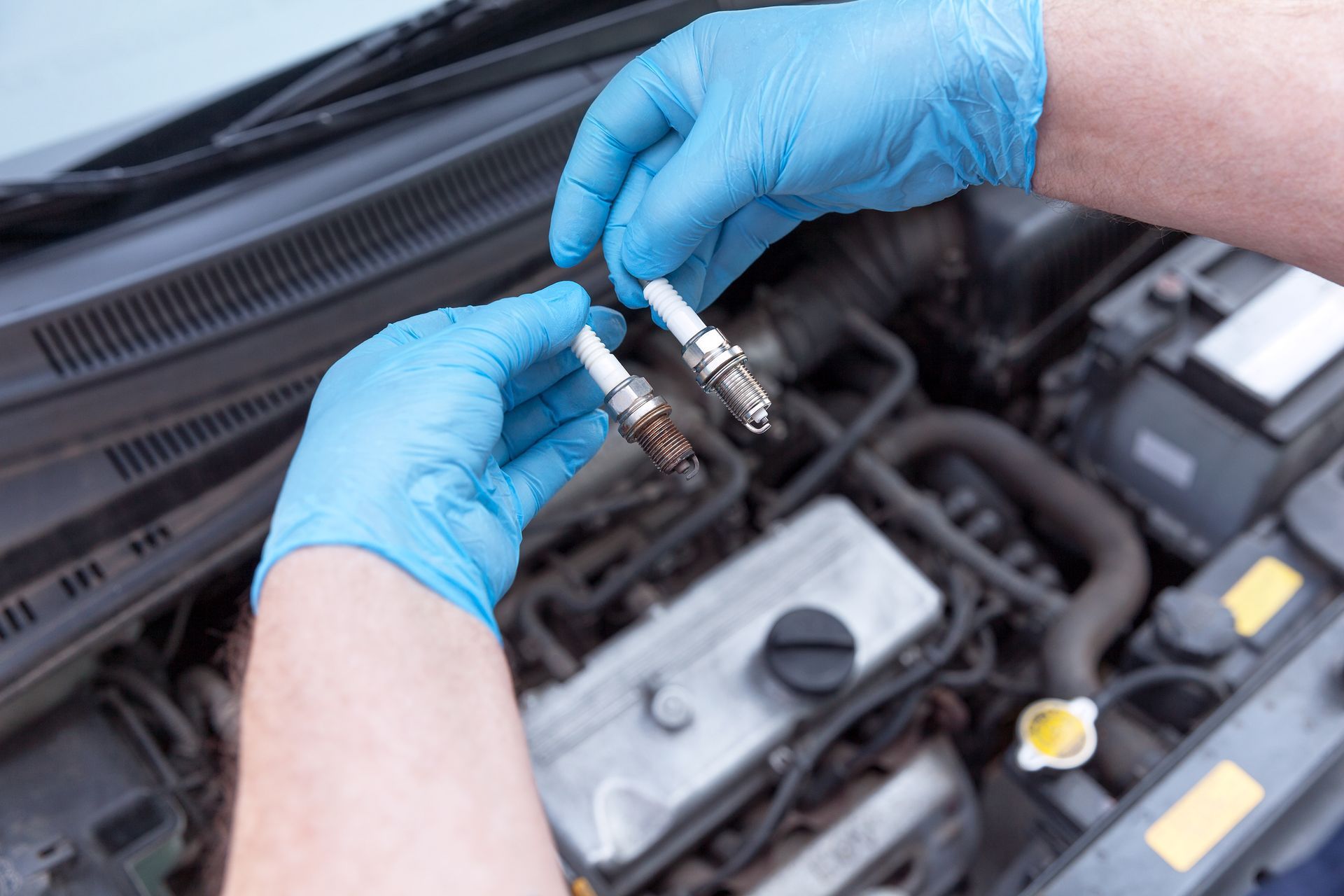Should you let your car idle before hitting the road? This age-old dilemma has been sparking debates among drivers and mechanics alike. Should you warm up your car before driving, or is it just an outdated practice?
The Myth of Warming Up Your Car
Many of us have grown up hearing that we should warm up our cars before driving, especially on chilly mornings. This practice allows the engine to reach its optimal operating temperature, ensuring smoother performance and longevity. But here's the twist: modern engines don't necessarily require a lengthy warm-up period.
Modern Engine Technology
Advancements in engine technology have rendered the traditional warm-up ritual somewhat obsolete. Unlike older carbureted engines, today's fuel-injected engines are designed to operate efficiently even in cold conditions. Modern engines can warm up quickly while driving, thanks to electronic fuel injection systems and improved lubricants, minimizing wear and tear.
The Environmental Impact
One of the main arguments against warming up your car is the environmental impact of idling. Letting your car sit idle for several minutes releases harmful emissions into the atmosphere, contributing to air pollution and climate change. By driving off shortly after starting your car, you save fuel and reduce your carbon footprint.
Saving Money at the Pump
Another factor to consider is fuel efficiency. Idling your car consumes fuel without getting you anywhere, leading to unnecessary expenses. By skipping the warm-up routine and driving off promptly, you can maximize fuel efficiency and save money on gas in the long run.
Engine Wear and Tear
Contrary to popular belief, idling your car for extended periods causes more harm than good. Prolonged idling can lead to incomplete combustion, which results in carbon deposits in the engine. Idling does little to warm up other crucial components, such as the transmission and tires, which require motion to reach their optimal operating temperature.
Optimizing Engine Lubrication in Winter
Proper engine lubrication is crucial for maintaining optimal performance. On cold mornings, start your car and let it idle for up to a minute. This brief period allows the engine oil to circulate and lubricate essential components, reducing friction and wear during those chilly starts. By following this simple tip, you can help protect your engine and ensure smooth operation even in the coldest of conditions.
Key Takeaways
- Modern engines don't require a lengthy warm-up period.
- Idling your car releases harmful emissions and wastes fuel.
- Driving off promptly can improve fuel efficiency and reduce engine wear.
- Common misconceptions about warming up your car are often based on outdated information.
Visit
Gerry's Service today and experience the benefits of modern engine care and car maintenance.

